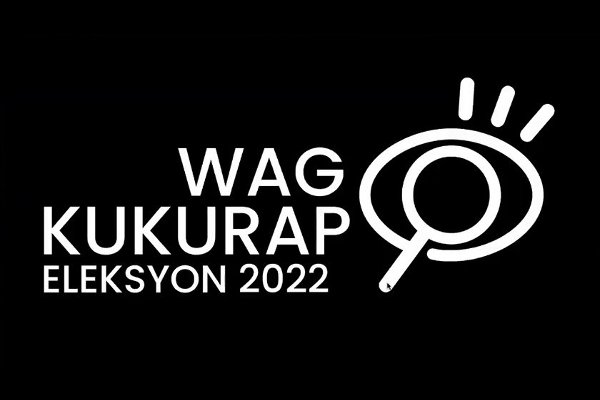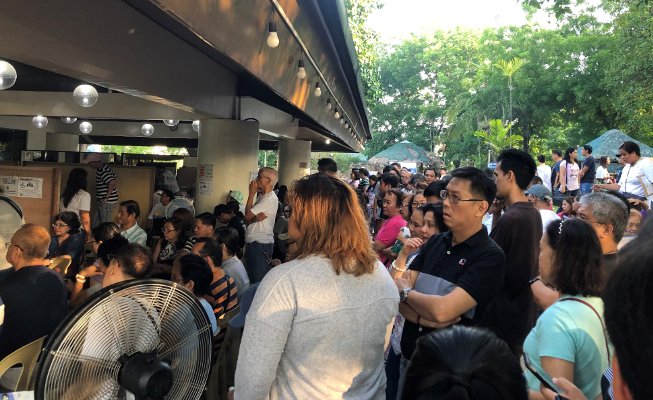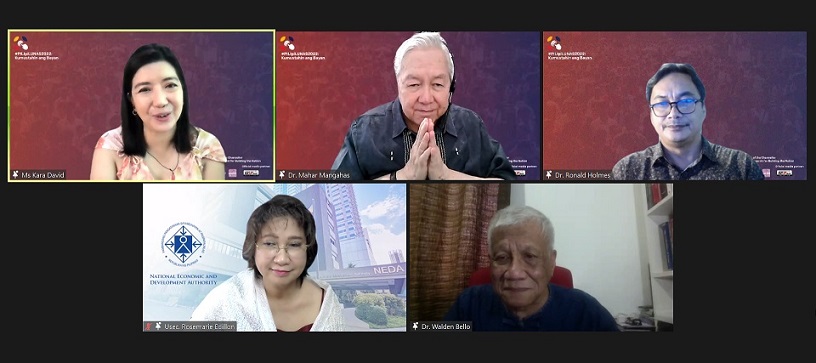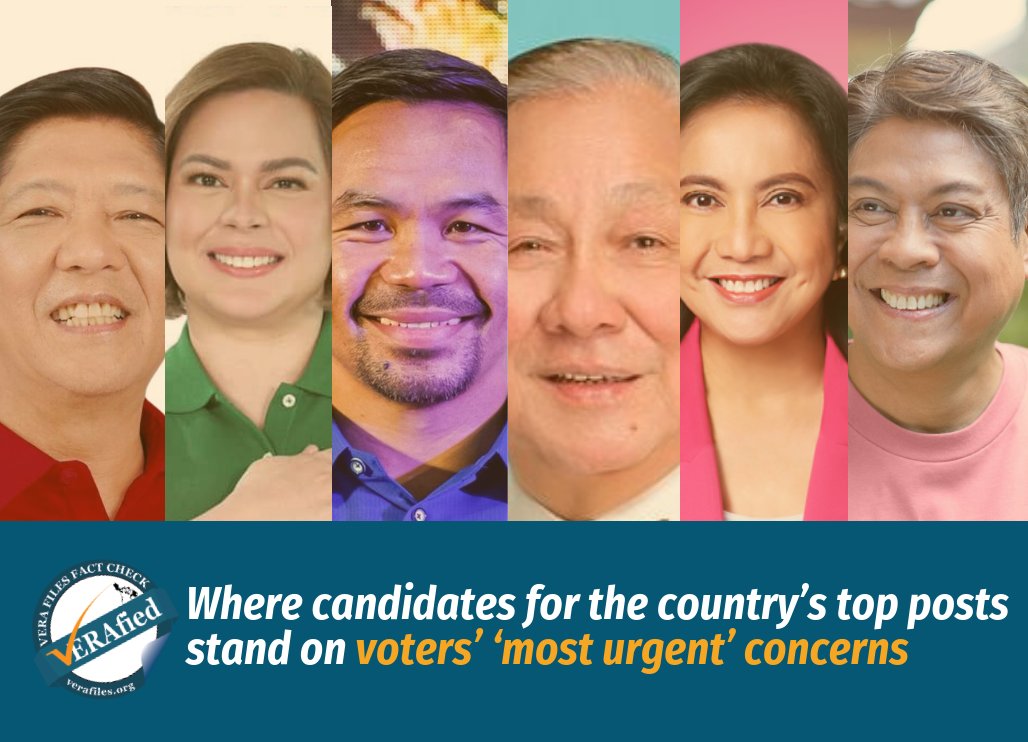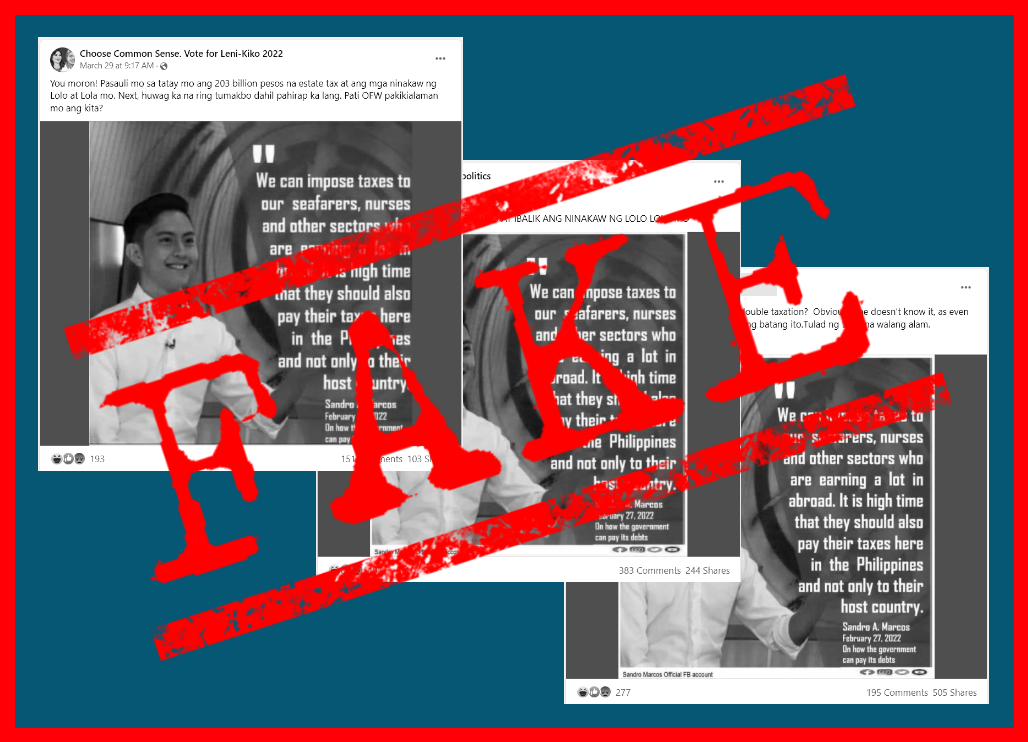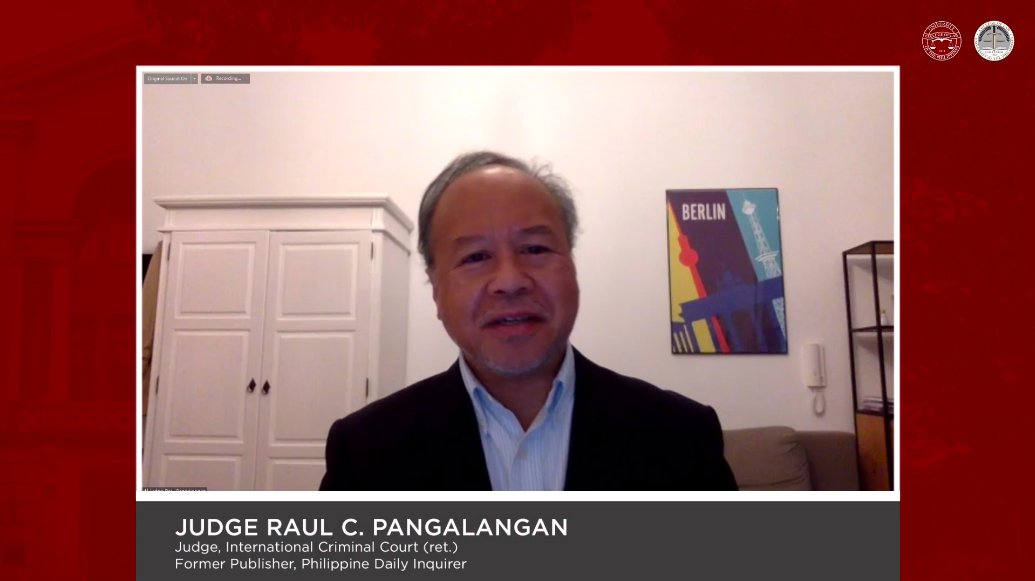Some 315 local journalists and 40 media organizations on Saturday vowed to provide reliable and accurate coverage of the 2022 elections despite threats to press freedom and even their lives, placing voters and the integrity of the polls at the center of their reporting.
They made the pledge in a statement that launched a signature campaign spearheaded by the Philippine Center for Investigative Journalism (PCIJ).
“Every election is a reckoning for democracy. As journalists reporting on another critical moment for our country, we have a duty to provide accurate, reliable and essential information that will empower voters and encourage public discussion and debate,” the statement said.“Credible elections need credible media; conversely, corrupted media can further corrupt politics; Citizens need issues and debates to be clarified, not simply amplified.”
Sheila Coronel, journalism professor at Columbia University and PCIJ co-founder, appealed for journalists nationwide to unite and join the effort. The campaign carries the tagline “Wag Kukurap,” stressing the need for media to stay alert and vigilant especially during the upcoming polls where coveted posts are expected to be hotly contested.
“Iba’t-iba tayo ng pananaw sa mundo pero pwede tayong magkaisa. (We have different views on the world, but we can unite),” Coronel, who is based in New York, said.
Signatories to the statement pledge to focus on issues not personalities; examine the track record and qualifications of candidates; hold accountable institutions mandated to ensure credible elections; and stand in solidarity when a journalist or news organization is harassed by state agents, political parties, candidates, or private groups.
They also commit to challenge and correct baseless statements; avoid highlighting or amplifying falsehoods, hate speech and incitements to violence; report on partisan activities of government officials; monitor the independence of the Commission on Elections, the courts, military, police, teachers and others involved in the conduct of the polls; monitor vote buying, campaign spending and the use of public funds; put context when reporting on surveys and the winnability of candidates; share best practices, knowledge, and experience to raise the level of competence in covering elections as well as politics, issues, policies and leaders.
During the launch, Rappler Pia Ranada suggested that media freedom be made an election issue that candidates should be asked about. She said journalists must recognize their power to fight for their rights in doing their job and hold officials and candidates accountable for their acts.
“Dapat every chance we get, we ask what their stand on media freedom is and be very pointed and be very specific about our questions,” she said, noting the shutdown of the country’s biggest network, libel cases against Rappler, the trolling, threats, banning of reporters from the beat, and other forms of harassment against journalists deemed critical of the government.
“We (need to) correct that mindset where politicians can just shoo aside reporters they don’t like. I think we have to as a group, as a sector, as an industry.We have to resist those attempts,” she added.
PhilStar online editor Camille Diola said that while a collective stand is important, the impact of this election pledge would still depend on how journalists will conduct themselves and abide by their commitments.
“We are moving to another period of intense news coverage while in the state of disrepair that the past years have left us. The task ahead is an enormous one as described in the election pledge,” she said. “Whether our collective vow will make little or make large and lasting difference is completely up to us.”
Other journalists raised concerns about covering next year’s elections such as the impact of the pandemic on communications and other technical problems as well as the limited access to candidates due to the online set-up and quarantine restrictions.
MindaNews editor Carolyn Arguillas noted that this situation could make it difficult to monitor vote buying and other forms of election violations.
“Vigilance of the reporters is needed and so is vigilance of the public,” she said, emphasizing the importance of an election coverage that delves deeper into issues the country is facing and the stance of candidates.
“Mindanaoan candidates who will run for national posts should be asked on their stand on the war on drugs, the West Philippine Sea, the handling of the COVID-19 pandemic, human rights, press freedom, Bangsamoro peace processes, the peace process with the National Democratic Front, the Anti-Terror Law, mining, the rehabilitation of Marawi and compensation for displaced residents, among others,” Arguillas said.
ABS-CBN reporter Jeff Canoy stressed the need for journalists to work together to overcome these common problems that the industry is facing today.
“Our community is obviously divided on many, many things pero we are again… at another crossroad,” he said, “Ang tanong ay mananatili ba tayong watak-watak, kaniya-kaniya, kebs sa kapwa journalists? O magtutulungan ba tayo na manindigan para hindi lang natin sabihin na buhay pa tayo but buhay na buhay ‘yung journalism sa Pilipinas? (The question is will we remain divided, on our own, unconcerned about our fellow journalists? Or will we help each other stand up so we don’t simply say that we’re still alive but that journalism in the Philippines is alive and well).”
